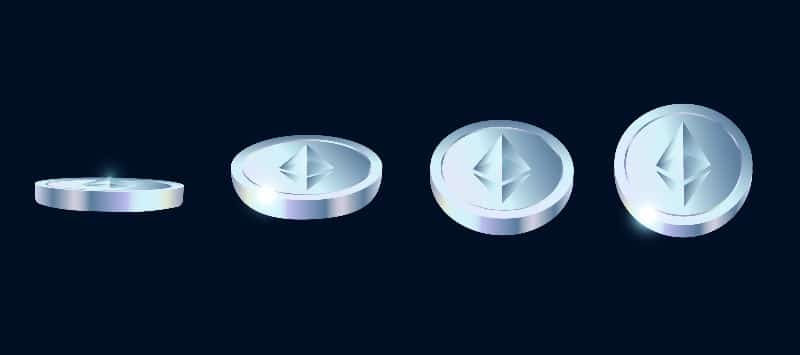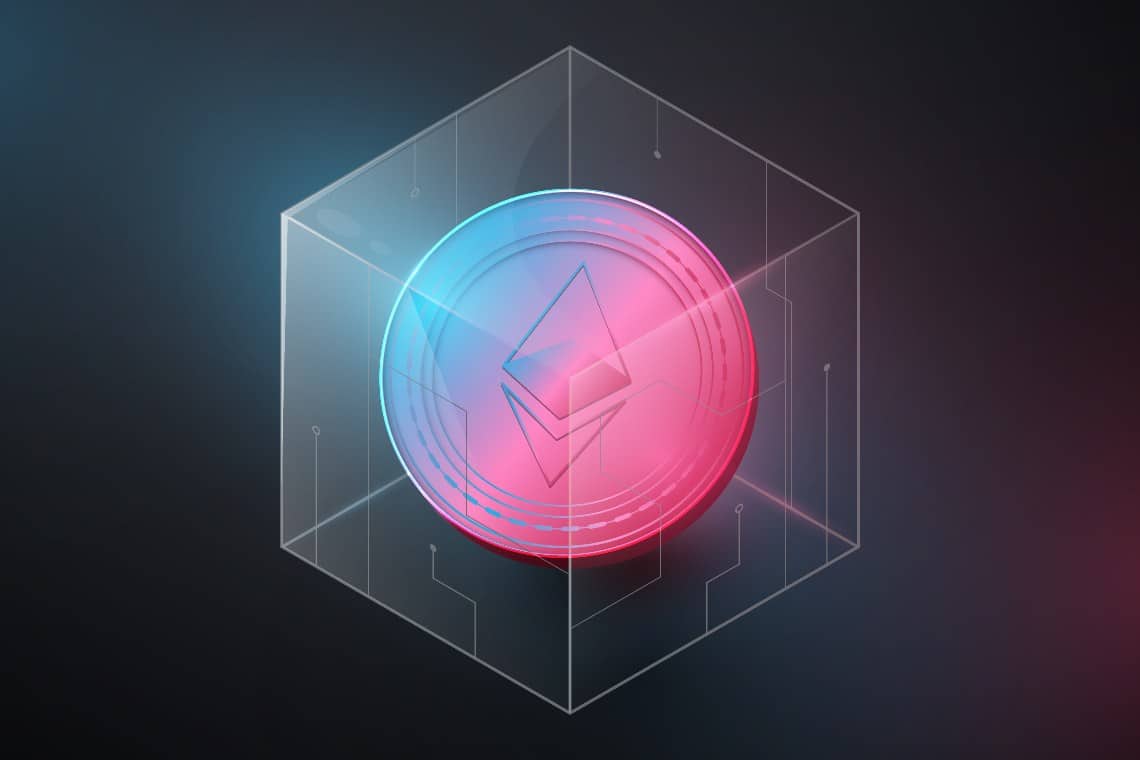As the final launch of ETH 2.0 is delayed, scaling solutions based on ZK rollup are gaining momentum.
Summary
The problem of fees
In particular, recently, the largest second layer currently existing on Ethereum, Polygon, announced that it has invested $400 million on the startup Mir that has developed a new, very fast Zero-Knowledge (ZK) scaling technology.
In fact, at the basis of the increasing interest in this type of scaling solutions are the still very high fees on the Ethereum blockchain.
Suffice it to say that until 2020 the average fee per transaction rarely exceeded $3, while during 2021, the average fee was often over $4.
In particular, since the London update was introduced in August, which burns off part of the fees, the average cost of a transaction on the Ethereum blockchain has almost always been above $10, and on average around $25, while during the first seven months of the year it rarely exceeded $20, with an average of just over $10.
The transition to Proof-of-Stake
Theoretically, the solution to this problem should be given by the passage to Proof-of-Stake, foreseen with the launch of ETH 2.0, but since this is delayed, alternative solutions are being studied.
In fact, according to several experts, the switch to ETH 2.0 may not drastically reduce fees but only reduce them a little, requiring alternative solutions based on the second layer.

The need for ZK rollups on Ethereum
Ethereum co-founder Vitalik Buterin himself already in October last year admitted that in order to scale Ethereum, it was necessary to opt for rollup-based solutions.
Buterin imagined that the transition from the current version 1.0 of Ethereum to 2.0 would go through an intermediate version, dubbed 1.5, with a “rollup-centric ethereum roadmap.”
However, it must be admitted that in the 14 months that have already passed since then, rollup-based scaling solutions for Ethereum still do not seem to have been able to make a difference, as evidenced by the still decidedly high fees.
However, precisely because the fees remain high, more and more attention is being focused on such solutions, also because PoS might not be enough to reduce them drastically.
At the beginning of the month, Buterin published Endgame, the plausible roadmap of Ethereum 2.0, in which ZK rollups have a key role, even if not the main one.
Vitalik hypothesizes a multi-rollup future for Ethereum, above the basic layer that will be primarily concerned with providing data availability and shared security.
He argues that a roadmap focused on rollups has profound advantages, not least because Ethereum remains open to all possible future developments without committing to a single solution.
For all these reasons, ZK rollups are making a strong comeback, and they could become the main protagonists of the current development phase of the project until the launch of ETH 2.0. Moreover, they could play an important role even after this launch, since in the scenario described by Buterin, they would have a different role than the PoS-based Ethereum 2.0 base layer.




